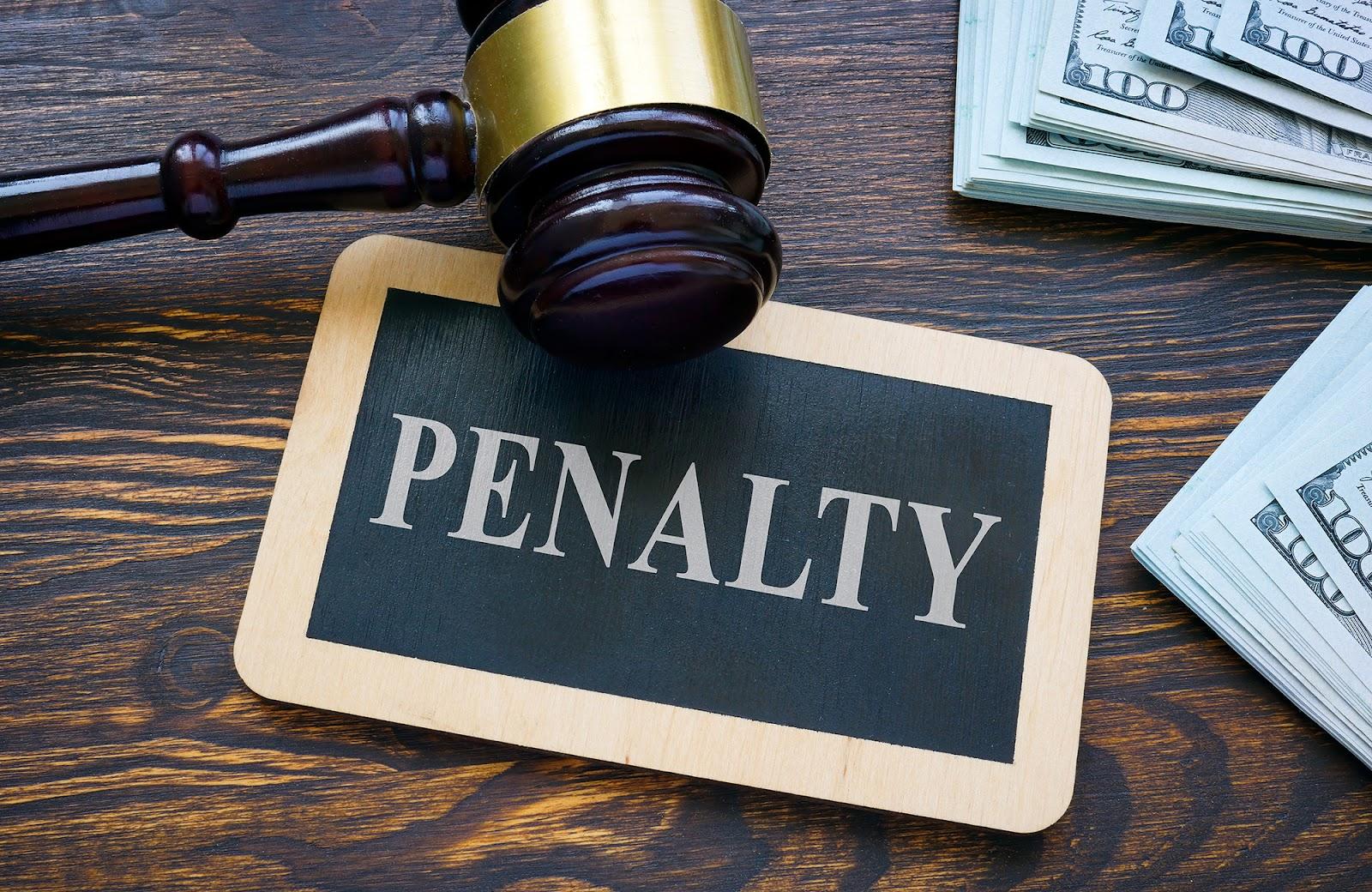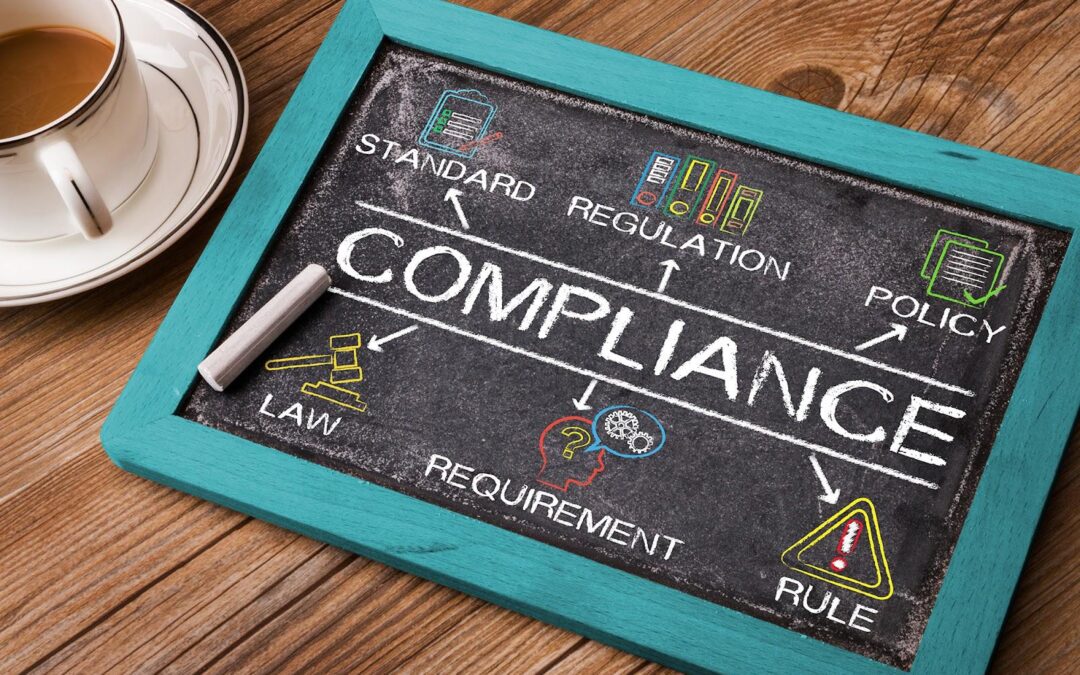
The Corporate Transparency Act (CTA) requires various companies to file information on their beneficial owners with the Financial Crimes Enforcement Network (FinCEN). This begs the question: Are HOAs included in the filing? Should your HOA report beneficial ownership? Let’s find out.
What is the Corporate Transparency Act?
The Corporate Transparency Act is a Federal legislation that took effect on January 1, 2024. It was created to curb the misuse of shell companies and money laundering. The Act mandates companies within the United States to file certain information about their beneficial owners with the FinCEN.
Each reporting company must provide the full names, addresses, birthdates, and ID numbers of their beneficial owners and company applicants. The filing keeps companies accountable based on who owns or controls an organization’s affairs.
Does an HOA Report Beneficial Ownership?
Who must comply with the beneficial ownership rule? According to the CTA, two kinds of reporting companies must file their Beneficial Ownership Information (BOI) report with FinCEN:
- Domestic: Firms, limited liability companies, and other domestic organizations created by filing a document with the Secretary of State or a similar office.
- Foreign. Firms and organizations created under another nation’s law that registered to conduct their affairs in the U.S. by filing a document with the Secretary of State or a similar office.
Should an HOA report beneficial ownership based on the definition of a reporting company? The short answer is yes. Homeowners associations are considered reporting companies because they come into existence by filing their governing documents with the Secretary of State.
Are Some HOAs Exempt?

Yes, some homeowners associations may be exempt from reporting their BOI reports with FinCEN. However, the only way an HOA can be exempt is if the association achieves tax-exempt status under the Internal Revenue Code (IRC) Section 501(c).
It will be tough for owner associations to achieve this status under Section 501 (c) (3). This is because Section 501(c)(3) includes primarily educational, artistic, scientific, charitable, or religious non-profit entities. Homeowners associations rarely fall into any one of these categories as they do not serve broad public interests.
Meanwhile, achieving 501(c)(4) status can also be difficult for homeowners associations. This is because tax-exempt entities under this section are classified as social welfare organizations that function for the benefit of the general public. The Internal Revenue Service (IRS) will examine different parts of how an HOA operates, including the following:
- Whether the HOA’s common areas, like streets, sidewalks, and green spaces, are open to the general public
- If the HOA offers common areas and facilities for the pleasure and use of the general public
- If the HOA serves a neighborhood related to a governmental area
- If the HOA performs activities to maintain the exterior of private residential properties
Who are Beneficial Owners Under CTA?
Most homeowners associations will need to file their BOI reports with FinCEN. But, how do you know whose information to file? When it comes to community associations BOI reporting, HOAs must figure out the identity of the following:
- Beneficial Owners
- Company Applicants
Let’s break down how to identify who these are in your community in the following sections.
Beneficial Owners
According to the provisions described in the CTA, the beneficial owners of a reporting company are those who:
- Exercise significant control over the association, whether directly or indirectly
- Own at least 25% of the properties within the community
In addition, FinCEN subsequently released a Frequently Asked Questions page defining who the beneficial owners are in homeowners associations:
- Senior officers
- Important decision-makers
- Someone with the authority to appoint or remove certain officers or a bulk of the HOA directors
- A person who wields significant control over the community
From this definition, we can conclude that most board members will generally qualify as beneficial owners. After all, board members call the shots and make the most important decisions within the community.
Company Applicants
A homeowners association’s company applicant is the person who is mainly responsible for controlling or directing the BOI filing. It may also include those who directly file the report with FinCEN. As a rule of thumb, the company applicant will be the person who filed the community’s governing documents with the Secretary of State. It could also include the HOA attorney, a registered agent, or an HOA formation professional.
What Information Should HOAs Submit?
Homeowners associations must submit the following information about the association itself:
- Complete legal name
- Trade name or “Doing Business As” name
- Present U.S. address
- Jurisdiction of Formation
- Taxpayer Identification Number (TIN)
- Employer Identification Number (EIN)
In addition, the community must file the following about their company applicants and beneficial owners:
- Complete legal names
- Dates of birth
- Complete current addresses
- Distinct identification numbers and the issuing jurisdictions from one of the following unexpired documents:
- U.S. passport
- State-issued driver’s license
- Identification record issued by the local government, state, or Indian Tribe
- Foreign passport (if the previous documents are unavailable)
- An image of the document with the distinct identification number
Additionally, homeowners associations may use a FinCEN identifier for company applicants and beneficial owners to file their reports.
When are Reports Due?
The Corporate Transparency Act took effect on January 1, 2024. According to its provisions, the deadlines are as follows:
- January 1, 2025. The first day of 2025 is the deadline for HOAs made before January 1, 2024.
- Within 90 Days of Establishment. HOAs must submit their initial reports within 90 days of formation if they were made on or after January 1, 2024.
- Within 30 Days of Establishment. HOAs must submit their initial reports within 30 days of formation if they were made on or after January 1, 2025.
Apart from these dates, keep in mind that associations must also file updates and changes 30 days after the information changes. For example, let’s say an HOA holds its annual elections on December 1, 2024. The HOA will have 30 days since that election to refile their report with FinCEN, changing the names and details of the new beneficial owners.
What Happens if an HOA Fails to File the Report?

Non-compliance is a serious matter and can lead to great financial losses. If an HOA fails to meet the deadline, they may face civil penalties of $500 a day. Meanwhile, wilful violations of the CTA may result in criminal penalties of up to $10,000. Those who violate may also face two years of prison time.
Get Help With Reporting Now!
Will every HOA report beneficial ownership? It depends on whether or not an HOA is tax-exempt. Most homeowners associations should assume they are considered reporting companies unless they’re exempt under the IRC Section 501(c).
Does your community need help with filing? HOAfiling.com streamlines the data collection and filing process. With our platform, you can monitor, edit, and update your BOI reports with FinCEN without trouble. We can even send you reminders so you never miss a deadline!



